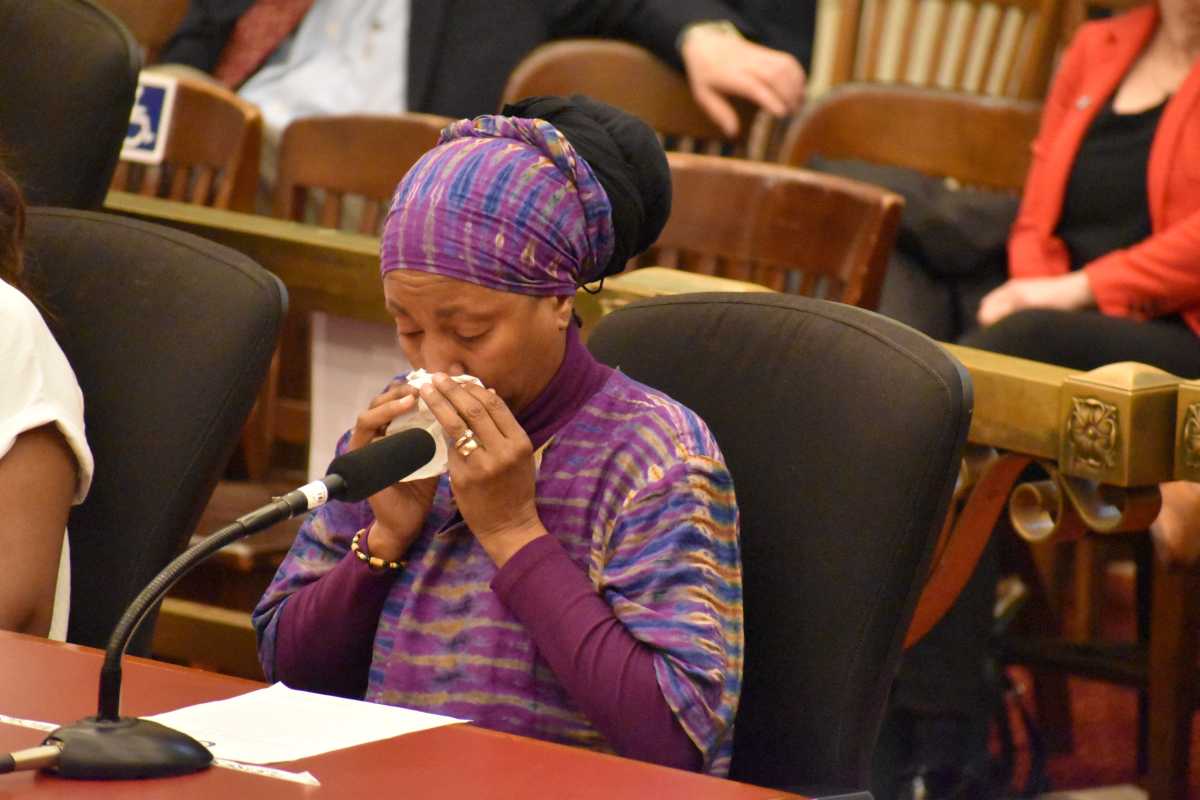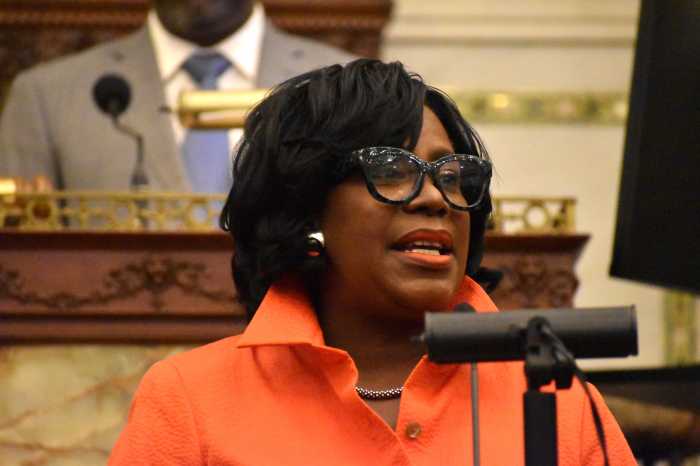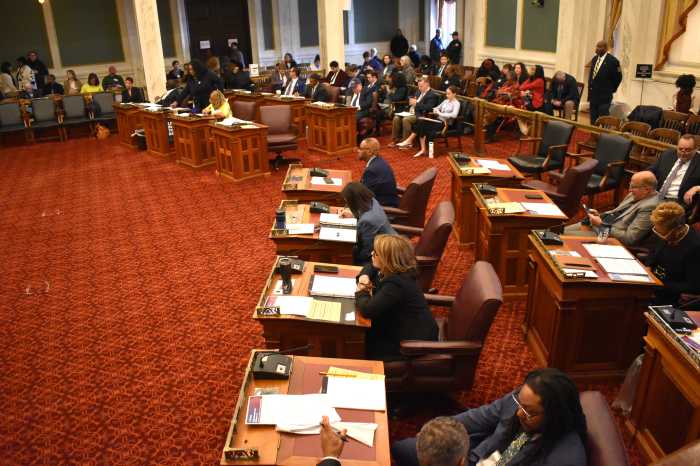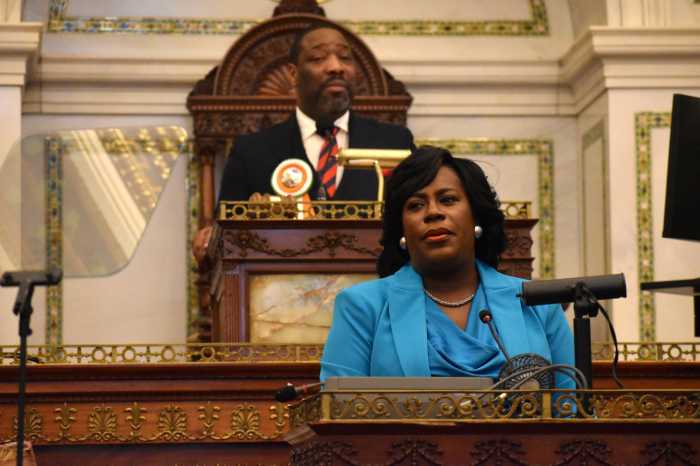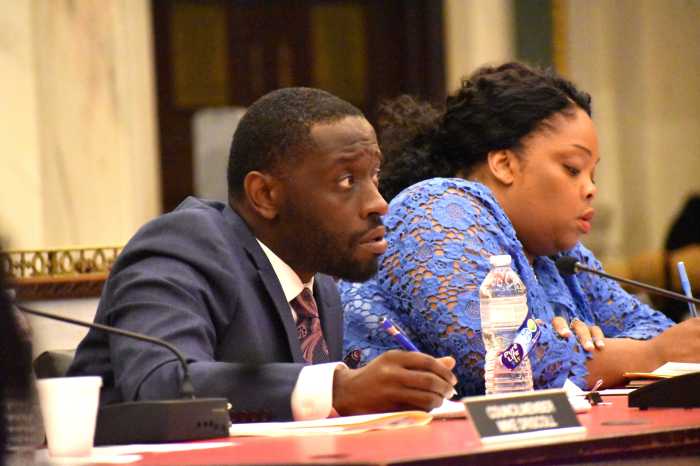City Council, with a property reassessment looming, advanced legislation Monday that would freeze real estate valuations for low-income homeowners.
The benefit, proponents say, would particularly help those who do not qualify for the senior citizen Real Estate Tax Freeze, as well as residents who cannot qualify or do not receive enough assistance from the Long-Term Owner Occupants Program (LOOP).
Should the change receive final approval, individuals earning $33,500 or less a year and couples making up to $41,500 would be able to apply to have any assessment increase for the 2025 tax year refunded or forgiven. The income limits were set to comply with a recent state law.
Angela Thomas, who has lived in the Graduate Hospital area since 1996, could benefit from the change. Her husband died unexpectedly in 2021, and she has struggled to pay her property tax bill since it ballooned to more than $3,400 in 2023.
“This is emotional for me,” Thomas said, wiping away tears as she described the situation during a Council finance committee hearing Monday afternoon.
During the last citywide reassessment, residential home values rose an average of 31%; however, thousands of property owners saw their assessments double or triple. A study from the Reinvestment Fund, released last month, found that the 2023 reassessment placed a disproportionate tax burden on residents of low-income and predominantly Black neighborhoods.
“Given our high rate of low-income homeownership, property tax policy is affordable housing policy,” said Jonathan Sgro, a supervising attorney at Community Legal Services, which helps people, including Thomas, stay in their homes.
Another reassessment is scheduled for the 2025 tax year, city officials said, with new valuations expected to be released soon.
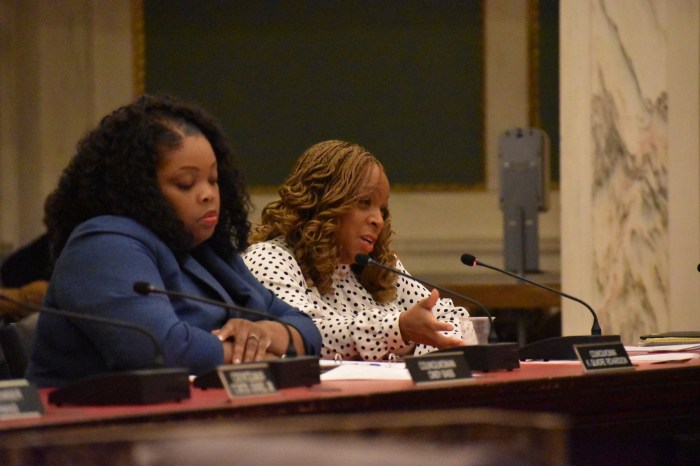
Mayor Cherelle Parker’s administration projects that extending a tax freeze to low-income homeowners would cost the city between $39 million and $94 million in revenue, depending on the level of participation.
The Reinvestment Fund, in an analysis of the legislation, calculated that about 62,000 households in Philadelphia could be eligible for the program.
Using a 33% participation rate – the same percentage of eligible homeowners enrolled in the senior tax freeze – the organization projected a tax benefit of around $4.5 million in the 2025 fiscal year.
Written testimony on the bill provided by Finance Director Rob Dubow indicates that the Parker administration is worried about being able to implement the program in time for the 2025 tax cycle.
Enforcing the legislation could strain limited resources, and halting assessment increases for thousands of households – potentially in perpetuity – could eventually have an effect on the budgets for the city and School District of Philadelphia, which share real estate tax revenues, he wrote.
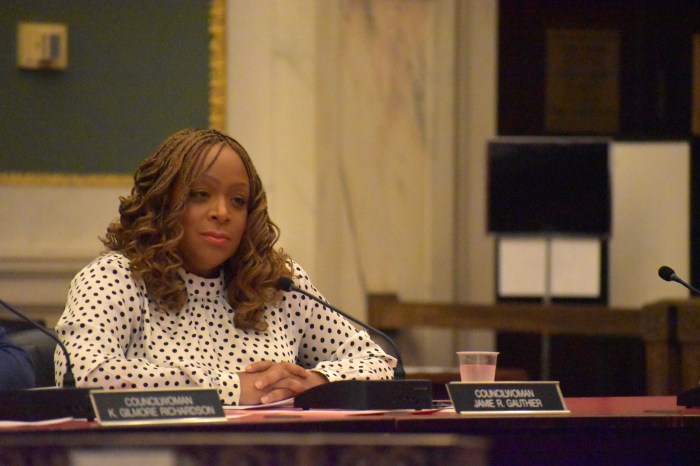
The finance committee moved the legislation along without opposition, and a final vote in Council could occur as early as May 23.
A few older homeowners wanted lawmakers to go further, either to backdate the freeze to cancel out the 2023 reassessment or relax the income guidelines.
Councilmember Jamie Gauthier introduced the bill. Her office said the freeze is possible because of a 2022 state law known as Act 58 that allowed municipalities to bypass Pennsylvania’s “uniformity clause,” which requires all properties to be taxed at the same rate.
Act 58 opened a window for low-income residents and set eligibility to income limits for PACENET, a statewide prescription assistance program for seniors.
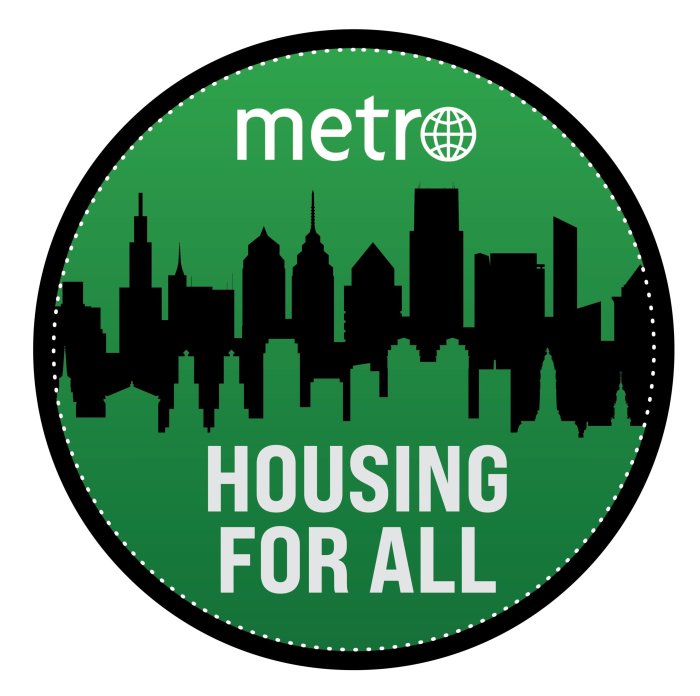
‘Housing For All’ is a two-year project in which Metro Philadelphia will investigate the city’s affordable housing crisis. It is made possible by The Lenfest Institute for Journalism’s Philadelphia Local News Sustainability Initiative grant.



